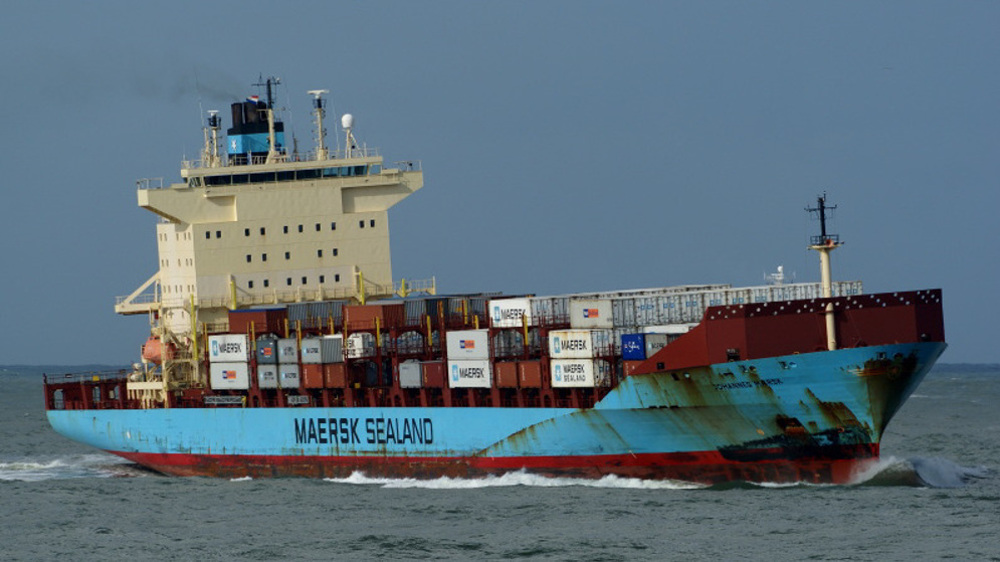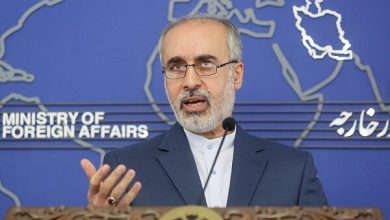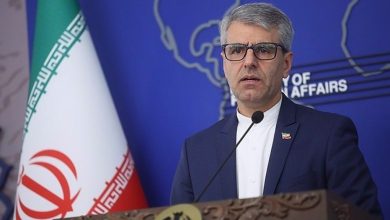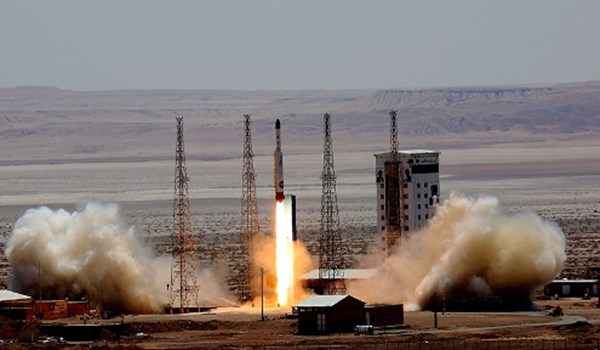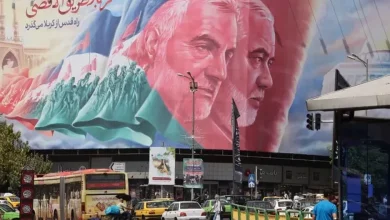Top Yemeni official reaffirms support for Gaza until Israel ends aggression, urges all Muslim nations to follow suit
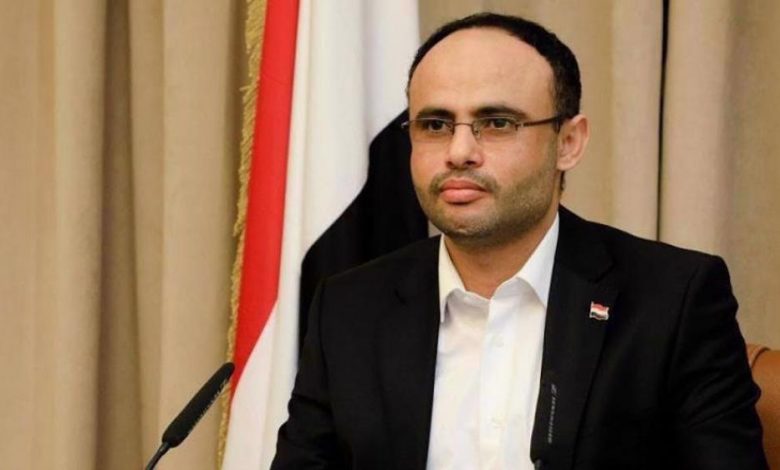
Chairman of Yemen’s Supreme Political Council, Mahdi al-Mashat, has reaffirmed his country’s support for Palestinians in Gaza until the Israel’s brutal aggression on the besieged strip ends and the blockade is lifted, urging Muslim and Arab nations to follow suit.
Al-Mashat made the remarks on Sunday on the 61st anniversary of the October 14 revolution against the British occupation of Yemen’s south.
He stressed that “the independence of peoples and confronting the occupation all over the world are a humanitarian necessity and indisputable right.”
“Our Yemeni nation today stand firmly and steadfastly in support of the Palestinian people in their existential battle for liberation from the Israeli occupation” with all their capabilities, he added.
In support of Gazans, Yemen has carried out operations against Israel-linked ships, as well as ships linked to the United States and Britain after the two launched airstrikes on the Arab country to force it to halt its anti-Israeli operations.
Yemenis have insisted that maritime operations and reprisal drone and missile attacks on Israeli-occupied ports will continue as long as the regime attacks Gaza.
Al-Mashat also condemned the Israeli massacres in Lebanon, emphasizing that Sa’naa fully supports the Lebanese nation.
Meanwhile, he hailed “the legendary heroic” actions by the Lebanese resistance fighters, noting that they proved that the martyrdom of their leaders hasn’t undermined their determination to continue on the path of liberating al-Quds.
Israel has been targeting Lebanon since October 2023, when the occupying regime launched a genocidal war on the Gaza Strip.
Hezbollah has been responding to the aggression with numerous retaliatory operations, including one with a hypersonic ballistic missile, targeting the occupied Palestinian territories.
Since late September, Israel has escalated its strikes against Hezbollah, killing its leader Sayyed Hassan Nasrallah and a number of its senior figures.
At least 2,306 people have been killed by Israeli fire, and more than 10,698 others wounded since the clashes began last year, according to the health ministry.
The Lebanese resistance movement has vowed to keep up its operations against Israel as long as the Israeli regime continues its Gaza war, which has so far killed at least 42,227 Palestinians, mostly women and children.
Yemen says international shipping firms are safe to sail in the area if they are neither owned by Israel nor destined for ports in the occupied territories.
‘A warning alarm’
Referring to Israeli prime minister Benjamin Netanyahu’s remarks about “changing the strategic reality in West Asia”, al-Mashat called them “a warning alarm” for all Arab nations.
He urged Muslim and Arab nations to unite to thwart the Israeli plots against the region.
“If we don’t stand together today in the face of this criminal enemy, and the heinous and unprecedented massacres it is committing in Palestine, Lebanon, Syria, and Yemen, everyone’s turn will come, one by one.”
He added that we “should provide support for the Palestinian and Lebanese nations, with money, weapons, words, and stances.”
Elsewhere in his remarks, al-Mashat urged Saudi Arabia “to take brave and correct steps to completely end the aggression and lift the siege [imposed on Yemen],…and not to surrender to the US pressure” which is meant to prolong the war to serve Washington’s own interests at the expense of “the interests of our countries and peoples and the interests of our Ummah.”
Saudi Arabia initiated a brutal aggression against Yemen in March 2015, enlisting the assistance of some of its regional allies, as well as massive shipments of advanced weaponry from the US and Western Europe.
The Western governments further extended their political and logistical support to Riyadh in their failed bid to restore power in Yemen to the country’s former Saudi-installed government.
The former Yemeni government’s president, Abd Rabbuh Mansur Hadi, resigned from the presidency in late 2014 and later fled to Riyadh amid a political conflict with Ansarullah. The movement has been running Yemen’s affairs in the absence of a functioning administration.
The war further led to the killing of tens of thousands of Yemenis and turned the entire nation into the scene of the world’s worst humanitarian crisis.
A UN-brokered ceasefire, which was reached in 2022, is still largely in place despite its official expiry. It has significantly reduced clashes, but a final, lasting peace is yet to be achieved in the war-ravaged country.
